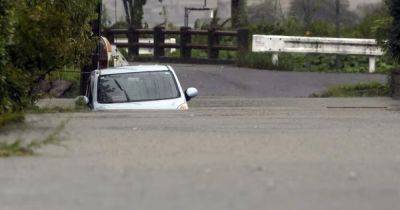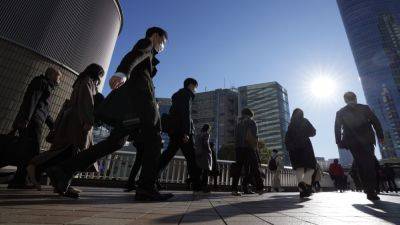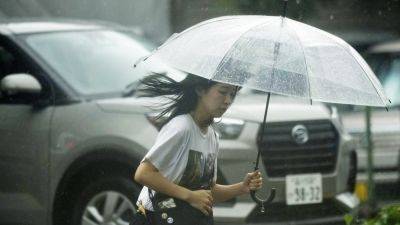Fukushima’s radioactive residue: nuclear waste fears cloud Japan coast’s slow rebirth
It was a bit of old fisherman’s lore that saved Haruo Ono’s life.
“According to an old saying, when a tsunami hits, you should take your boat out to sea,” he said.
“I was born here, and I raised my children here,” Ono said. “The streets here used to have almost 200 buildings. It was a wonderful townscape that was gone in an instant because of the tsunami.”
Before its release, the water underwent a procedure known as an advanced liquid processing system that removed most of the radioactive elements.
But one radioactive isotope, tritium, remained.
Tritium is a radioactive form of hydrogen that occurs both naturally and as a by-product of nuclear reactors. The fact that it is essentially hydrogen makes it very difficult to remove from water.
The Tokyo Electric Power Company plans to release the diluted water from Fukushima slowly over several decades. The company, the Japanese government and officials with the International Atomic Energy Agency all insist the plan is safe.
They were the top two markets for Japanese seafood exports globally, totalling some 162 billion yen (US$1.1 billion) in 2022, one year before the ban.
The restrictions caused Japanese seafood exports to China to drop 57 per cent in 2023, resulting in a 17 per cent drop in Japan’s overall seafood exports that same year.
But in Shinchi, Ono said the bans have had little effect on fishing. Much of his catch is sold domestically, and the surprise arrival of tiger pufferfish in the years following the disaster have boosted the fortunes of many in the town’s fishing industry.
The pufferfish, a pricey but dangerous delicacy, is netting such high returns for fishermen like Ono that they have renamed it fukutora, or “lucky tiger”.
Still, the waste water release has Ono







